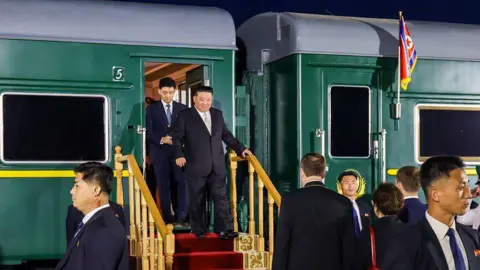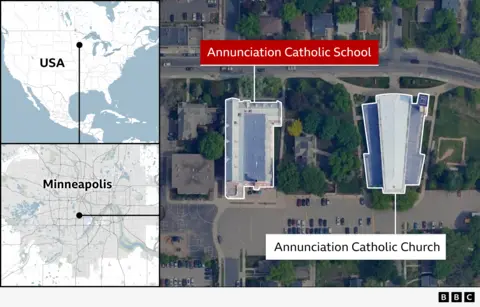In a significant move for Vatican-China relations, Pope Leo XIV has appointed Fuzhou Auxiliary Bishop Joseph Lin Yuntuan as the first Chinese bishop under his papacy. This appointment underscores the Pope's commitment to the historic 2018 accord, designed to enhance communication and cooperation between the Vatican and Beijing.
Both the Vatican and Chinese government have celebrated Yuntuan’s appointment as a demonstration of their ongoing collaboration and as a testament to the 2018 agreement reached during Pope Francis's era. This deal granted Chinese authorities some role in the selection and appointment of bishops, though the full details of the accord have not been made public.
Currently, China is home to roughly 10 million Catholics, who find themselves navigating a landscape where they must choose between government-sanctioned churches and underground congregations loyal to the Vatican. The appointment of Bishop Yuntuan suggests a step toward reconciling these divisions, as he is reported to have his ministry recognized by Chinese law.
A spokesperson from the Chinese foreign ministry, Lin Jian, affirmed that this development illustrates the successful implementation of the 2018 accord and expressed China’s readiness to foster further improvement in relations with the Vatican. Experts like Michel Chambon from the Asia Research Institute note that such moves by the Pope reflect a preference for reconciliation rather than conflict.
Historically, China severed its diplomatic relations with the Holy See in 1951, prompting many Catholics to worship clandestinely during the oppressive years of Mao Zedong’s regime. It wasn't until the 1980s that religious practices were permitted to resurface in the country.
Both the Vatican and Chinese government have celebrated Yuntuan’s appointment as a demonstration of their ongoing collaboration and as a testament to the 2018 agreement reached during Pope Francis's era. This deal granted Chinese authorities some role in the selection and appointment of bishops, though the full details of the accord have not been made public.
Currently, China is home to roughly 10 million Catholics, who find themselves navigating a landscape where they must choose between government-sanctioned churches and underground congregations loyal to the Vatican. The appointment of Bishop Yuntuan suggests a step toward reconciling these divisions, as he is reported to have his ministry recognized by Chinese law.
A spokesperson from the Chinese foreign ministry, Lin Jian, affirmed that this development illustrates the successful implementation of the 2018 accord and expressed China’s readiness to foster further improvement in relations with the Vatican. Experts like Michel Chambon from the Asia Research Institute note that such moves by the Pope reflect a preference for reconciliation rather than conflict.
Historically, China severed its diplomatic relations with the Holy See in 1951, prompting many Catholics to worship clandestinely during the oppressive years of Mao Zedong’s regime. It wasn't until the 1980s that religious practices were permitted to resurface in the country.



















